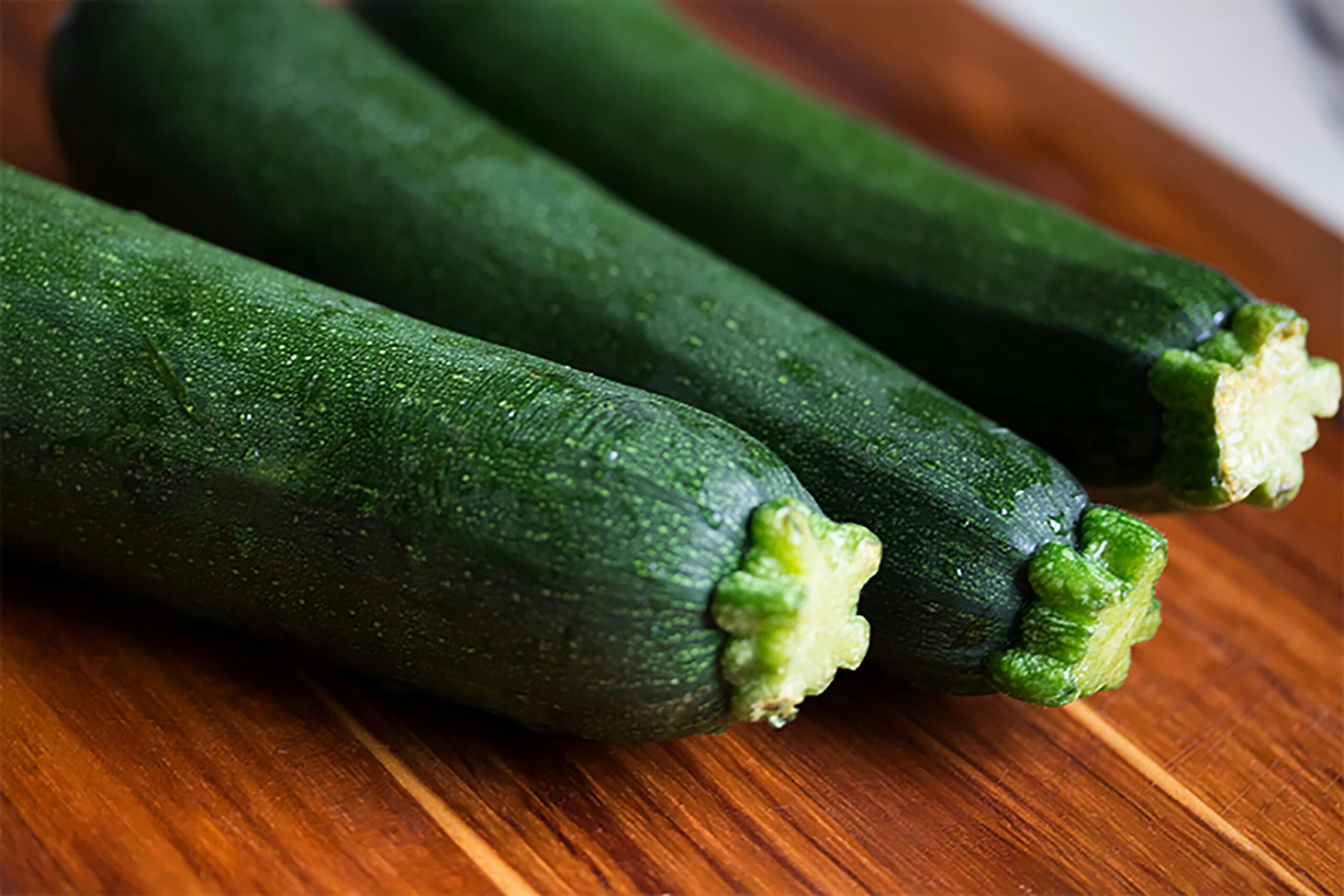Zucchini is a summer squash that is botanically classified as a fruit. It is a nutrient-dense food that is rich in several vitamins, minerals, and other beneficial plant compounds. Here are some of the benefits of zucchini:
Vitamins, minerals, and other beneficial
- Rich in Many Nutrients: One cup (223 grams) of cooked zucchini provides 40% of the Reference Daily Intake (RDI) of Vitamin A, 16% of the RDI of Manganese, 14% of the RDI of Vitamin C, 13% of the RDI of Potassium, 10% of the RDI of Magnesium, 9% of the RDI of Vitamin K, 8% of the RDI of Folate, 8% of the RDI of Copper, 7% of the RDI of Phosphorus, 7% of the RDI of Vitamin B6, and 5% of the RDI of Thiamine 1.
- High in Antioxidants: Zucchini is rich in antioxidants, particularly carotenoids such as lutein, zeaxanthin, and beta-carotene, which may benefit your eyes, skin, and heart, as well as offer some protection against certain types of cancer, such as prostate cancer 1.
- Contributes to Healthy Digestion: Zucchini may promote healthy digestion in several ways. For starters, it’s rich in water, which can soften stools. This makes them easier to pass and reduces your chances of constipation. Zucchini also contains both soluble and insoluble fiber 1.
- May Help Control Blood Sugar Levels: Zucchini is low in calories and high in fiber, which may help regulate blood sugar levels 2.
- May Help Reduce Inflammation: Zucchini contains anti-inflammatory phytonutrients, which may help reduce inflammation in the body 3.
- May Help Improve Heart Health: Zucchini is rich in potassium, which may help lower blood pressure and reduce the risk of heart disease 4.
- May Help Boost Energy Production: Zucchini is a rich source of B-vitamins, especially folate, riboflavin, and B6, which can help to boost energy production in the body. This reduces fatigue and improves moods 4.
- May Help Improve Eye Health: Zucchini is rich in carotenoids, which may help improve eye health 5.
Disadvantages and Dangers
While zucchini has many health benefits, there are also some disadvantages and dangers to be aware of. Here are some tips and tricks to help you make the most of this nutritious food:
- Choose Fresh Zucchini: When selecting zucchini, look for ones that are firm, smooth, and free of blemishes. Avoid zucchini that is soft, wrinkled, or has cuts or bruises.
- Zucchini should be stored in a cool, dry place, such as the refrigerator. It can be stored for up to a week.
- Aware of Pesticides: Zucchini is one of the most heavily sprayed crops, so it’s important to choose organic zucchini whenever possible.
- Be Careful When Preparing Zucchini: Zucchini should be washed thoroughly before cooking. The skin can be eaten, but it’s important to remove the stem and blossom ends.
- Don’t Overcook Zucchini: Overcooking zucchini can cause it to become mushy and lose its nutritional value. It’s best to cook it quickly over high heat, such as by grilling or sautéing.
- Avoid Eating Too Much Zucchini: While zucchini is a healthy food, it’s important to eat it in moderation. Eating too much zucchini can cause digestive issues, such as bloating and gas.
- Be Aware of Allergies: Some people may be allergic to zucchini. Symptoms of an allergic reaction may include itching, swelling, and difficulty breathing.




